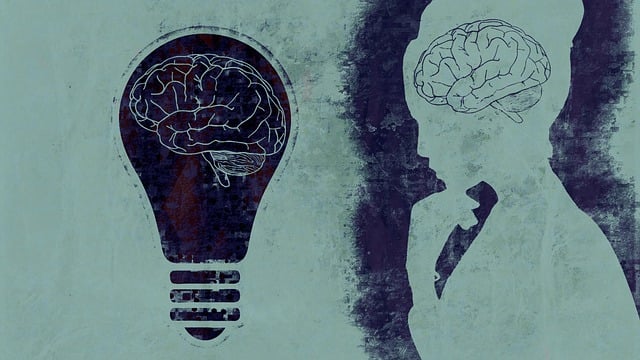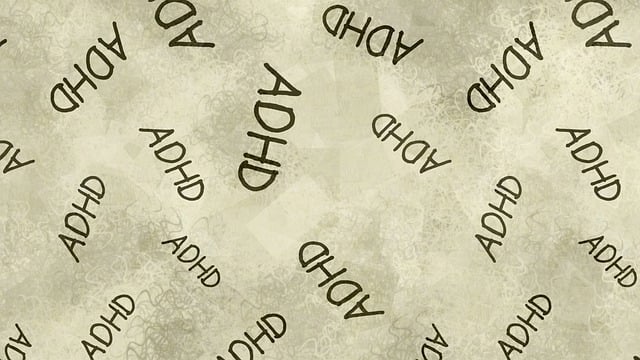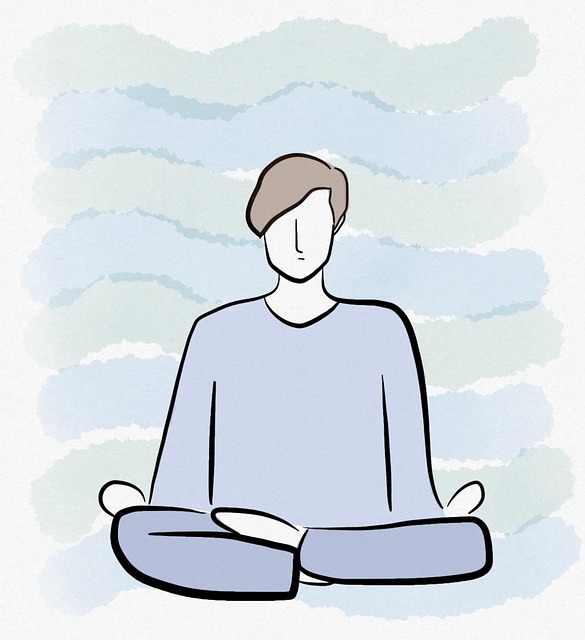Integrating Resilience, Flexibility, and Mastery (RFM) principles into therapy tailored for Russian-speaking communities offers a powerful tool to navigate life's challenges, focusing on coping mechanisms, stress reduction, crisis intervention, and burnout prevention. These exercises, combining mindfulness, cognitive reframing, and personalized risk assessments, significantly improve mental well-being by fostering adaptability and emotional healing. Culturally sensitive approaches, incorporating traditional Russian elements, ensure effective support tailored to unique backgrounds, strengthening resilience and promoting mental health equilibrium amidst adversity. This holistic approach, including training for healthcare providers and public awareness campaigns, normalizes therapy seeking within Russian-speaking communities, addressing specific challenges faced by these individuals.
“Uncover the power of RFM (Resilience, Flexibility, and Mastery) as a transformative tool for Russian-speaking communities. This comprehensive guide explores how resilience-building exercises can significantly enhance mental well-being. We delve into cultural considerations to ensure tailored effectiveness. From community support systems to holistic approaches, learn how integrating RFM offers a unique therapy for Russian-speaking individuals, fostering adaptability and emotional strength. Discover the benefits of these exercises in building resilience.”
- Understanding RFM and Its Relevance to Russian-Speaking Communities
- The Impact of Resilience Building Exercises on Mental Well-being
- Customizing Exercises for Cultural Sensitivity and Effectiveness
- Integrating RFM into Community Support Systems: A Holistic Approach
Understanding RFM and Its Relevance to Russian-Speaking Communities

For Russian-speaking communities, understanding RFM (Resilience, Flexibility, and Mastery) and its potential in building resilience is a significant step towards navigating life’s challenges effectively. This framework resonates deeply with individuals who may face unique stressors due to cultural, linguistic, or geopolitical factors. By incorporating RFM principles, therapy for Russian-speaking communities can be tailored to address specific needs, fostering adaptability and emotional well-being.
In today’s rapidly changing world, stress reduction methods, crisis intervention guidance, and burnout prevention are essential tools for all individuals, especially those from diverse cultural backgrounds. RFM exercises empower people to develop a deeper sense of control and agency over their lives, enhancing their ability to cope with both ordinary and extraordinary circumstances. This holistic approach ensures that Russian-speaking communities have access to effective resources for building resilience and nurturing mental health.
The Impact of Resilience Building Exercises on Mental Well-being

Resilience building exercises have a profound impact on mental well-being, especially for individuals who may be facing challenges related to stress and anxiety. These exercises are particularly beneficial for those seeking therapy for Russian speaking communities, offering effective coping mechanisms tailored to their cultural and linguistic backgrounds. By incorporating various Stress Reduction Methods, such as mindfulness and cognitive reframing, participants can enhance their ability to navigate life’s difficulties with greater ease.
The process of developing resilience is crucial in mitigating the effects of traumatic events or chronic stress. Through these exercises, mental health professionals conduct a thorough Risk Assessment to ensure personalized support. By fostering Positive Thinking and promoting self-care practices, resilience building interventions empower individuals to build a stronger psychological foundation. This, in turn, enhances overall well-being and equips them with tools to maintain mental equilibrium in the face of adversity.
Customizing Exercises for Cultural Sensitivity and Effectiveness

When designing resilience-building exercises for a diverse audience, such as Russian-speaking communities, cultural sensitivity is paramount. Recognizing that every individual has unique experiences and backgrounds, customizing therapy and self-care practices to cater to specific needs is essential. For example, in the context of burnout prevention among Russian speakers, therapists should consider incorporating elements from traditional Russian culture and values into sessions. This might include using storytelling as a therapeutic tool, as it’s a common practice in Russian folklore, or adapting mindfulness exercises to resonate with their cultural concept of inner peace and harmony.
By integrating these cultural nuances, therapy for Russian-speaking individuals can become more effective, fostering emotional healing processes that are deeply meaningful and personally relevant. It encourages self-care practices that not only address burnout but also build upon existing cultural strengths. This tailored approach not only enhances the therapeutic experience but also promotes long-lasting resilience, ensuring that participants develop coping mechanisms that are genuinely suited to their backgrounds and identities.
Integrating RFM into Community Support Systems: A Holistic Approach

Integrating RFM (Resilience, Flexibility, and Mastery) into community support systems offers a holistic approach to enhancing resilience among diverse populations, including Russian-speaking communities. By incorporating RFM principles, community organizations and healthcare providers can create supportive environments that cater to cultural nuances and promote mental well-being. This inclusive strategy acknowledges the unique challenges faced by individuals within these communities, ensuring tailored interventions for effective anxiety relief.
For instance, cultural competency training for healthcare providers plays a pivotal role in this integration. Equipping professionals with the skills to understand and address cultural barriers fosters trust and encourages Russian-speaking individuals to seek therapy. Public awareness campaigns development targeting specific community needs can further enhance accessibility to resources, normalizing conversations around mental health and resilience building exercises within these populations.
Resilience building exercises, tailored through a cultural sensitivity lens, offer a promising therapy for Russian-speaking communities navigating challenges. By integrating these practices into community support systems, we can foster holistic well-being and enhance coping mechanisms. This RFM approach, as demonstrated, provides a powerful tool to strengthen mental resilience, especially in diverse populations. Through continued research and adaptation, we can ensure that effective support networks are accessible and culturally relevant for all.









